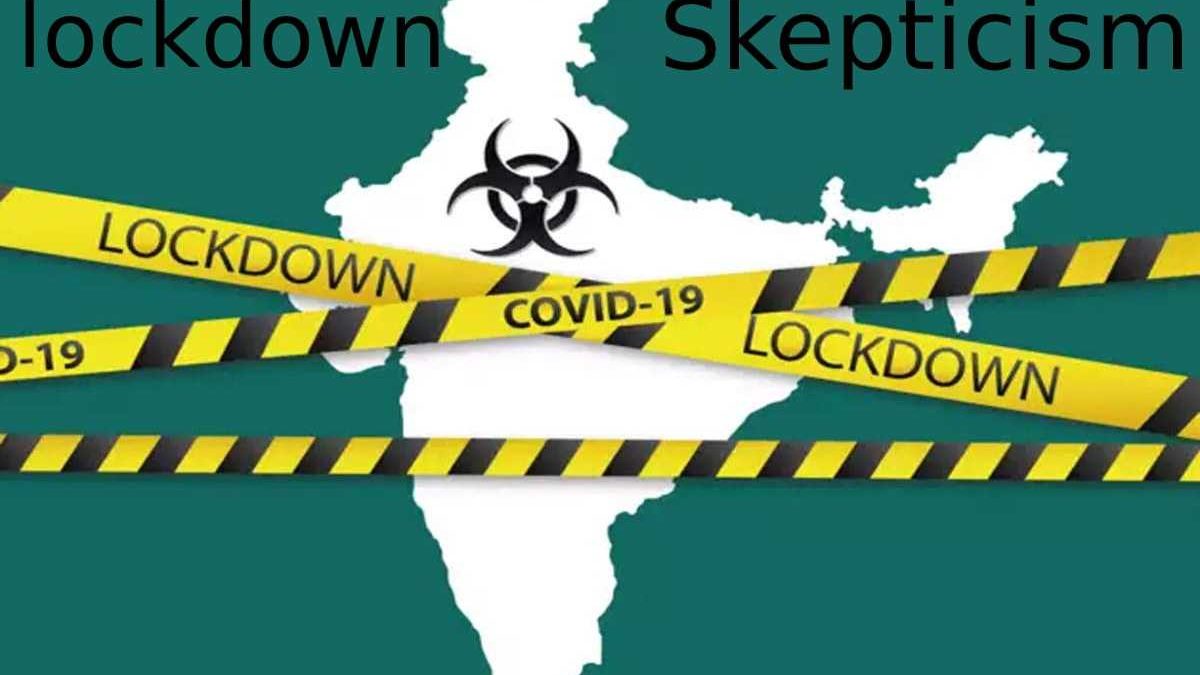Table of Contents
Introduction
Are you one of the “lockdown skepticism “? They are an outspoken but largely inexperienced minority of observers who argue that cowardly lockdowns are doing more harm than good or not working at all. But is it doubtful to believe it?
Online Classes Generate Lockdown Skepticism
Teaching at home to the difficulty of staying focused in online courses has been many’s first years of distance learning with the pandemic. The duration of the pandemic is undefined, and learning at home should be a fundamental part of education in the next few months. For a year, the way of life of thousands of Guatemalans changed abruptly and without any way to avoid it. COVID-19 caused daily activities such as going to school, opening a book or writing in the classroom with 15, 20 or 30 other students at a school to become dangerous.
The restrictions closed the doors of schools and colleges nationwide, and only those with a specific purchasing power could move their classes to their homes through a computer. Other students had to wait weeks, and many remained for decent courses. For thousands of students, the types that used to start with a greeting from the teacher and notes on the blackboard turned into downloading a worksheet to do at home and clarifying doubts through Zoom. However, the task became much more difficult in more elementary subjects, such as learning to write or read.

Between Skepticism and Inequality, Vaccines did not end the Pandemic.
The arrival of the covid vaccine allowed a large part of the global activity paralysed in 2020 to resume in 2021. Still, the doses did not end the pandemic, which evolved into more contagious variants and caused even more cases and deaths this year than last. The most extensive vaccination campaign in history. This will reach 9,000 million doses by the year’s end, reducing confinements and travel restrictions in 2021. However, life has not returned to how it was before the panic.
After 2020 of cancellations and confinements. This year it was possible to celebrate, albeit with restrictions—significant events such as the Olympics or the European Championship. The vaccines brought more freedom to move and resume a social life. With greater tranquility, without a doubt, in the countries where the vaccination rate is higher.
THE “SAVE THEMSELVES” CONVICTS EVERYONE
While in the middle of this year, the most industrialized countries managed to vaccinate most of their adult population in the developing world. They arrived at a dropper rate, leading to a “two-speed” pandemic. While in the West, regions had a feeling of returning to normality for months. Such as South Asia, Latin America and Africa. Where vaccines arrived slowly, the situation for much of the year was not too different from that of 2020: collapsed hospitals, lockdowns and fear.
The World Health Organization (WHO) warned since the beginning of the year. The vaccination progress was dangerously uneven. The entire world was at risk of the coronavirus mutating into more dangerous forms. Its warnings are fulfilled in Asia and Africa. The delta variant is more contagious than the previous ones. Currently accounts for 99% of new covid-19 infections were first detected in India. Hitch suffered the worst pandemic wave experienced by a single country in the middle of the year, with up to 400,000 cases daily.
The delta reduced the protection of those vaccinated against severe forms of covid to 90% and between 60% and 40% in the case of moderate symptoms. So it must accept that vaccines are no longer a shield against contagion. Still, without a doubt, they avoid, in the great majority of cases, hospitalizations and deaths.
Skepticism Matters
“Lockdown suspicions” make many claims that have some scientific basis. The problem is that they often express themselves more confidently or without significant context.
For example, were some people safe from covid before contracting the disease? They may have been, but it is not clear how many people or how well they were protected. It is not the case even with survey data from the worst-affected areas. This shows that a large portion of the population has been affected this year. Yet, skeptical theories can be valuable even if they are false. They are forcing us to prove with evidence that we think is clear.
In this case, the idea that the spring lockdown did not affect the spread of the UK code does not meet our evidence. It also contradicts much scientific opinion and research.
It is easy to see why the popular opinion became the majority opinion. The nationwide lockdown hopes to stop the spread of an infectious virus. After that, you’ll expect the data to look like this. The idea may be tedious and frustrating, but it has a lot of scientific support. Unfortunately, when the lockdown ended, it also explained why the virus returned.
Conclusion
We should accept the claims of lockdown Skepticism because they seem to be what we want or are out of the traditional version of events. Mr Hutchins, Mr Cummins, and Dr Eden say we must base our views on the evidence and agree with them.

